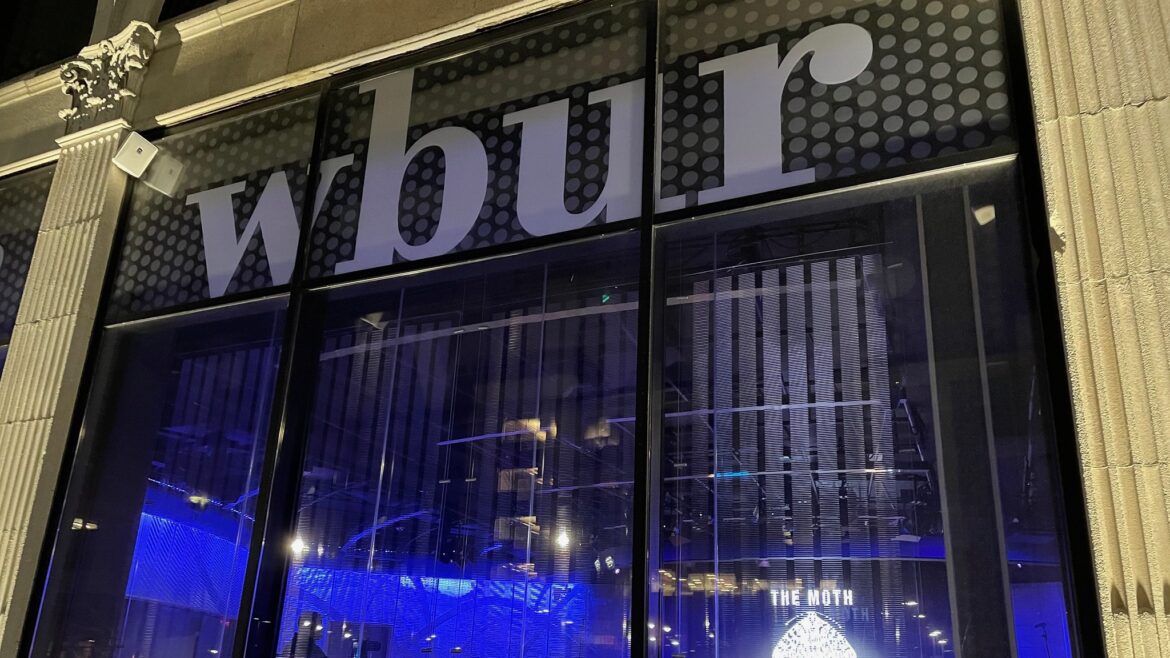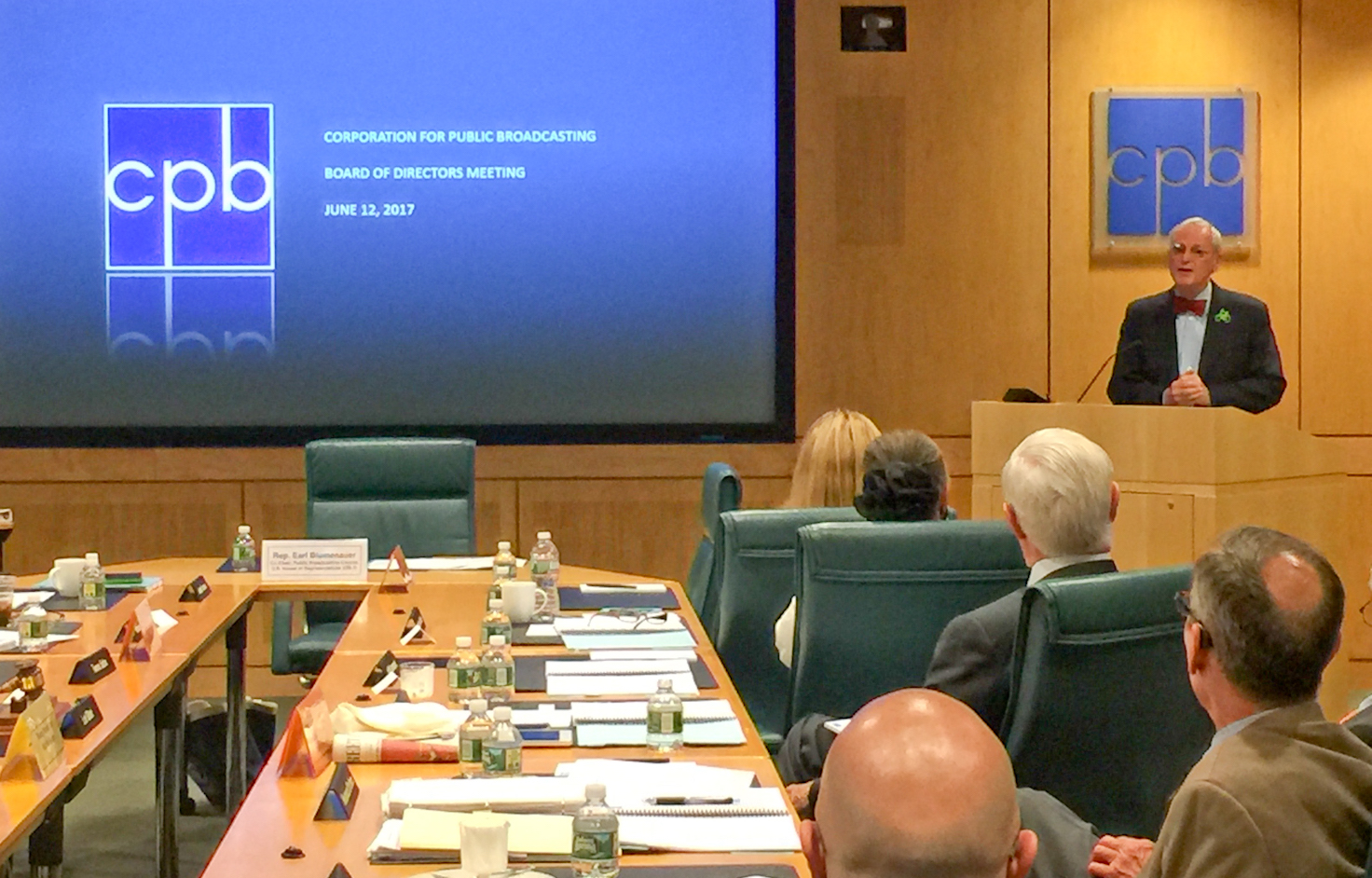WBUR, Greater Public receive Knight grant for digital transformation

Todd Van Hoosear / Flickr
The Knight Foundation awarded a one-time $250,000 grant supporting WBUR’s digital transformation and a partnership with Greater Public to share what it learns during the process.
The grant, provided through Knight’s $150 million commitment to the Press Forward initiative supporting local journalism, puts the Boston station over its $9 million goal for the Catapult Initiative, which is implementing multiple strategies to retool WBUR’s fundraising infrastructure and improve its understanding of digital audiences. Board members and individual donors also contributed to WBUR’s fundraising campaign.
The station is more than a year into Catapult, which includes transitioning its data to Salesforce. That work was a “huge deal,” CEO Margaret Low said, because the station’s audience and donor data “was everywhere and anywhere.”

“We know that in the digital age you can’t rely on pledge drives and direct mail alone to fuel membership efforts,” Low told Current. “We need to really get to know and understand each and every person’s interaction with WBUR across every platform.”
Catapult’s overarching goal is to create a better user experience for WBUR audience members by developing a better understanding of their interests and the different ways they interact with the station.
WBUR can “begin to target and segment the audiences and know … what kind of messages to send each individual audience member when they land on WBUR.org,” Low said. “It was clear that if we wanted to be in the game in the future, we couldn’t keep flying blind with our audiences,” she said.
Catapult also funds a marketing campaign, which Low described as an “accelerant to everything else we’re trying to do.”
To carry out the work, WBUR will hire nine positions focused on marketing, data and Salesforce, according to a spokesperson.
Greater Public’s role will be to share the story of WBUR’s digital transformation with the public media system, CEO Joyce MacDonald told Current. The content will examine the challenges WBUR faced, how they developed the strategy and how they rallied the team. Greater Public will publish blog posts and produce webinars and conference sessions about different aspects of Catapult.
In telling WBUR’s story, Greater Public will focus on the cultural side of the transition, MacDonald said. “What did it take for the people doing the work to transform how they work across the organization, how they make decisions together [and] what their shared goals are,” she said. “I think a lot of stations are facing similar challenges.”
Greater Public will begin producing content in early 2025 “if not sooner,” MacDonald said.
“We’re always looking for stories of success or failure, stories of challenge that other organizations can benefit from,” MacDonald said. “So this is a perfect fit.”
Jim Brady, VP of Journalism at Knight, said WBUR’s focus on sustainability and its willingness to share what it learns aligned with the foundation’s objectives for its Press Forward grant-making.
“The more that organizations can pay for themselves — or at least pay for a portion of their operations — the less philanthropic dollars that are needed down the road,” Brady said. “This obviously goes toward better data, better tools, better information to help, in this case, WBUR, build the business.”
If WBUR had approached Knight alone for digital transformation funding, Brady said, “I think we would have been interested. But the Greater Public piece crystallized that because it also brings a field benefit that we care a lot about.”
“We try really hard not to make grants that just benefit a single news organization because we obviously have an entire industry in crisis at the moment,” he added.






